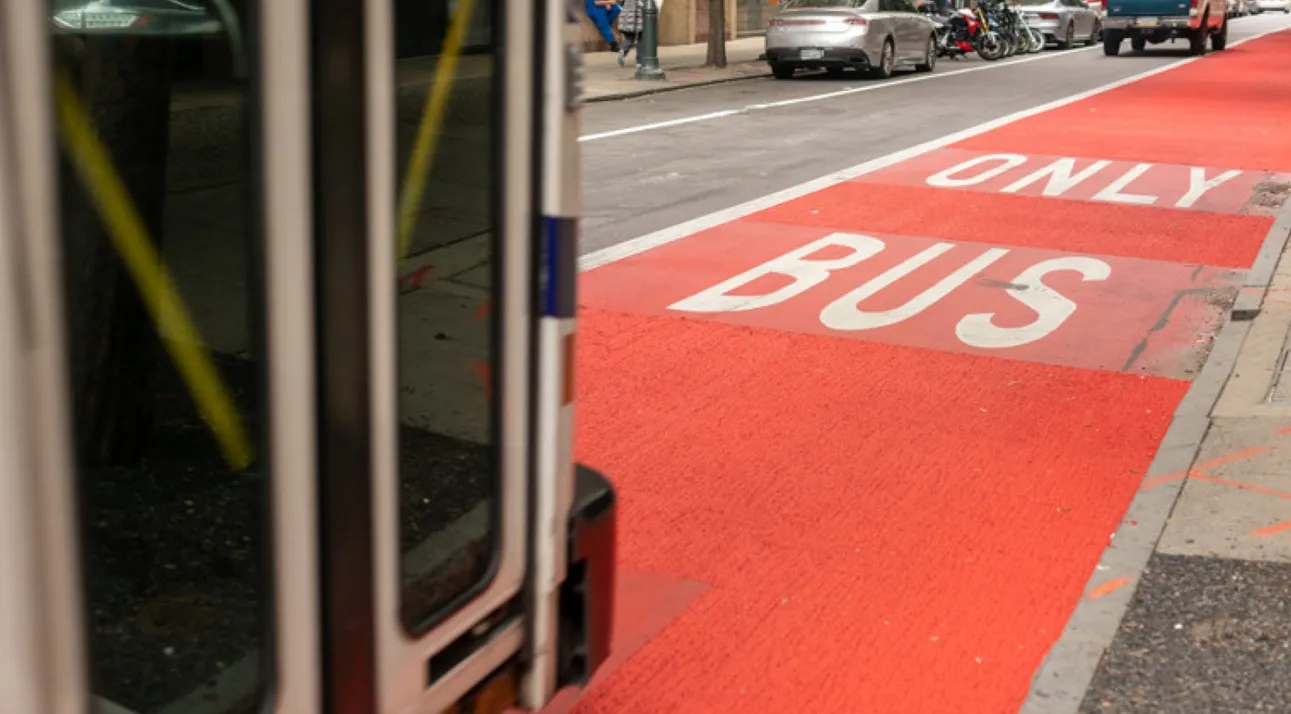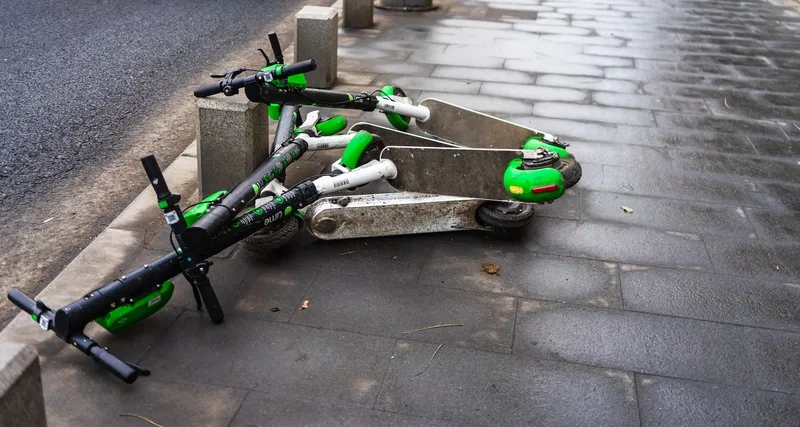
Beginning 1 May, the Philadelphia Parking Authority (PPA) is putting artificial intelligence-powered Hayden AI cameras on buses to ticket drivers who park in bus lanes.
Crews are mounting the AI cameras on 150 buses and more than 20 trolley buses belonging to Septa - the Southeastern Pennsylvania Transportation Authority.
The cameras will capture images of cars stopped in bus lanes and parked at bus stops. The photos will be reviewed by parking authority staff and violation notices will be sent out.
The cameras will be activated in mid-April, capturing images of cars stopped in bus lanes and parked at bus stops. The photos will be reviewed by parking authority staff and violation notices sent out. After a two-week warning period the enforcement will actually start in May.
A car parked in a bus lane that’s stopping and hindering traffic will result in a $101 ticket and double-parking in the city centre is a $76 ticket.
In 2023 Septa partnered with Hayden AI - a provider of artificial intelligence and machine learning technologies - on a 60-day camera-assisted bus lane and stop technology pilot project on two bus routes – at no cost to Septa.
The seven buses equipped with the pilot system have recorded on average over 4,000 incidences of parking in bus lanes or bus stops per week. While no tickets were issued during the pilot project, the demonstration helped to show the scope of the illegal parking problem impacting transit.
In November 2023, Philadelphia's mayor signed a city ordinance allowing PPA and Septa to employ the use of camera-based parking enforcement technology.
According to the city, a typical bus rider spends 31 additional hours on the bus every year because of city centre congestion and the slower buses cost Septa an additional $15 million in operating costs every year. As well, bus speeds in Philadelphia average 8mph – slower than national averages of 13-14mph – costing riders time and contributing to operating expenses. Every year, congestion in city centre causes 1.7 million hours of passenger delay and adds $15.4 million to Septa’s operating costs, the agency says.
Hayden AI has also deployed AI-powered, bus-mounted camera systems in New York City for the Metropolitan Transportation Authority, where the technology - coupled with ticketing enforcement - has significantly increased compliance with bus lane stopping and parking restrictions.









